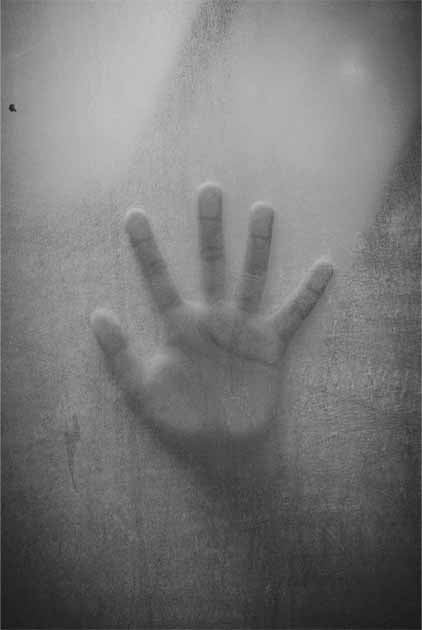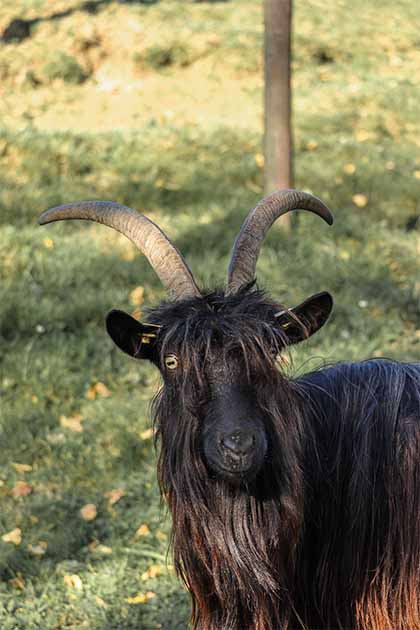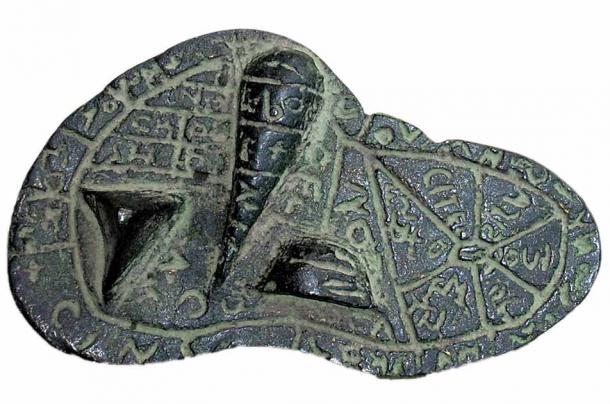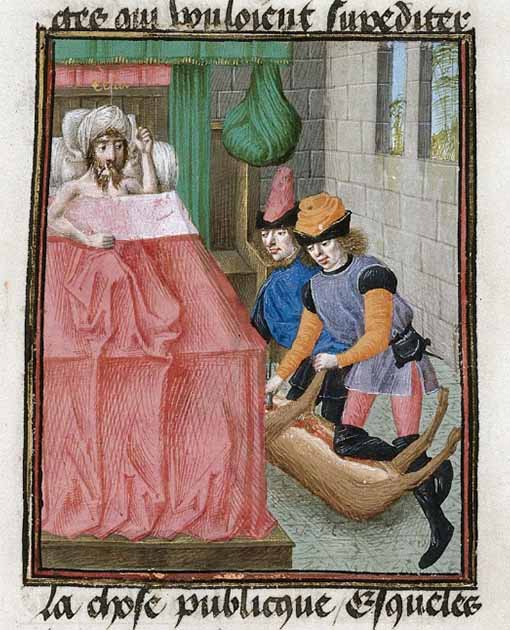[ad_1]
Whether you toss salt over your shoulder or avoid opening umbrellas indoors, we’ve all got our own superstitions. Superstitious beliefs are nothing new – humans have been abiding by these interesting beliefs for millennia. However, some ancient superstitions were quite bizarre compared to some of the ones we have today. Below are eight of the most bizarre superstitions in human history.
1. Turkish Chewing Gum Turns to Flesh
Many of us like chewing gum, but Turkey has some interesting thoughts about it. While chewing gum during the day is completely acceptable, an old superstition in Turkey claims that gum chewed after dark turns into the flesh of dead people. Clearly, this is a great superstition to follow if you want to break a chewing gum habit. Ew.

Could chewing gum transform into rotting flesh after dark? Some Turkish people have this superstition ( Thor / Adobe Stock)
2. Left-Handed? You May Be Untrustworthy
Ancient Romans had widespread beliefs about left-sided things. This superstition suggested that anything on the left-hand side was considered evil, while anything on the right-hand side was safe and good. In fact, the term “sinister” comes from this superstition, as the Latin meaning of the word means ‘on the left side.’ Even normal experiences, such as birds flying, suddenly became an evil omen or bad luck if it was done to the left. This also meant the Romans looked at left-handed people warily, as they were believed to be untrustworthy or capable of evil things.

There are documented left-handed hominids back to the Pleistocene era. About 10% of the population seems to have been, and remains, left-handed – but that trait has no impact on trustworthiness. (Juan Palacios / Public Domain )
3. Goat Meat Makes Women Hairy
For women in Rwanda, eating delicious goat meat comes at the cost of having unwanted facial hair. According to this old superstition, women who eat goat meat will start to grow hair on their faces and develop a stubborn attitude. Interestingly enough, this superstition does not apply to local men, since they already have facial hair, and are apparently stubborn-natured. Some people believe that this superstition originated with some hungry men who simply didn’t want to share their goat meat.

A Rwandan superstition discouraged women from eating goat meat, lest they grow hairy. It was likely a ploy for the men to keep more for themselves ( Public Domain )
4. New Year’s Grapes Bring Good Luck
In Spain, there is a widespread belief that grapes are the secret to good luck in the new year. When the clock strikes midnight on New Year’s Eve , Spaniards will quickly eat a grape at each clock strike, for a total of 12 grapes. Each grape is meant to represent a month of the year, so it is believed that doing this will bring you prosperity in the upcoming year. In some regions, they also believe that this practice wards off evil spirits that may want to harm you in the new year. Although this superstition and tradition is over 100 years old, it is actually still practiced today!

In Spain and several other countries, there’s a New Year’s superstition to eat twelve grapes at midnight for good luck (Chris Oakley / CC BY 2.0 )
5. Line Up to Twist Your Thumb in a Hole
If you ever find yourself in Turkey, you can supposedly get some good luck from the Hagia Sophia in Istanbul. This giant church frequently has visitors due to its famous bronze column nicknamed the Wishing Column. Those lined up behind the column wait for their turn to stick their thumb inside a tiny hole in the column and rotate it clockwise. As suggested by the column’s name, twisting your thumb in there will make all your wishes come true. We can’t imagine it’s particularly hygienic, though.

Rotating one’s thumb in a column of the Hagia Sophia to make a wish is a Turkish superstition (JoJan / CC BY SA 3.0 )
6. Use Animal Organs to Predict the Future
People have tried to predict the future for centuries, but the ancient Romans got a little gross with it. Rather than looking into crystal balls, they decided to use animal entrails to try to see the future. This process was called haruspicy and is believed to have originated with the Etruscans. Animals like oxen, sheep, and chickens would be sacrificed to the gods to create a connection with the heavens. This made the entrails a medium for messages from the gods.

The tradition of reading entrails may have been developed by the Etruscans. A reproduction of the so-called “Liver of Piacenza”, a 3rd century bronze animal liver engraved with the Etruscan names of the deities connected to each part of the organ. (Lokilech / CC BY SA 3.0 )
Although many different organs of the animal were used, ancient Romans believed that the liver was the most important part of the divination process since it was believed to contain the animal’s soul. Each organ was analyzed based on appearance (smooth, rough, shriveled, etc.), which determined the outcome of the divination.
While only a haruspex (a haruspicy professional) could fully interpret the meaning behind the entrails, there were some details that anyone could look for, such as a bump on the liver to predict a favorable outcome. Every portion of an animal’s entrails was believed to have a deeper meaning, so it took someone with extensive experience to make full predictions.

Haruspicy was a job based in the superstition of reading entrails. Haruspices interpreting a dream of Julius Caesar, circa 1473 ( Public Domain )
7. “Rabbit Rabbit” Brings Good Luck
One old superstition involves saying the term “ rabbit” at least two times on the first day of the month. “Rabbit Rabbit” must be said in the morning of the first day of the month, otherwise you will not get the good luck that it brings. If you forget in the morning, you can also say it backward (“Tibbar Tibbar”) at night to undo any bad luck that would come your way for forgetting. Although some people believe this superstition goes back several centuries, the earliest printed documentation was found in a 1909 edition of the journal Notes and Queries .
8. Pass the Baby through the Cheese Ring
There are lots of things people do to prepare for a new baby , but what about making cheese? An old medieval superstition required families to mature a giant cheese wheel for nine months while a woman was pregnant. Once the baby was born, the family would eat the cheese to celebrate, leaving behind the cheese rind. The family would then pass the newborn through the cheese rind during christening, so it would be gifted prosperity and long life.
Conclusion
Clearly, many of us no longer follow these strange superstitions. It’s interesting to consider the potential origins of these old superstitions and wonder what the world would look like if some of these were still regularly practiced. Could you imagine having to pass your newborn baby through a cheese ring?
If you need some good fortune this upcoming year, don’t forget to stuff your mouth with twelve grapes at midnight on New Year’s Eve! You never know, perhaps the Spaniards are onto something.
Top image: Cultures around the world have developed superstitions in an attempt to bring luck or avoid pain. Many of these dealt with ordinary activities and objects, including goats, grapes and gum! Source: Justinas / Adobe Stock
By Lex Leigh
[ad_2]
Source link
